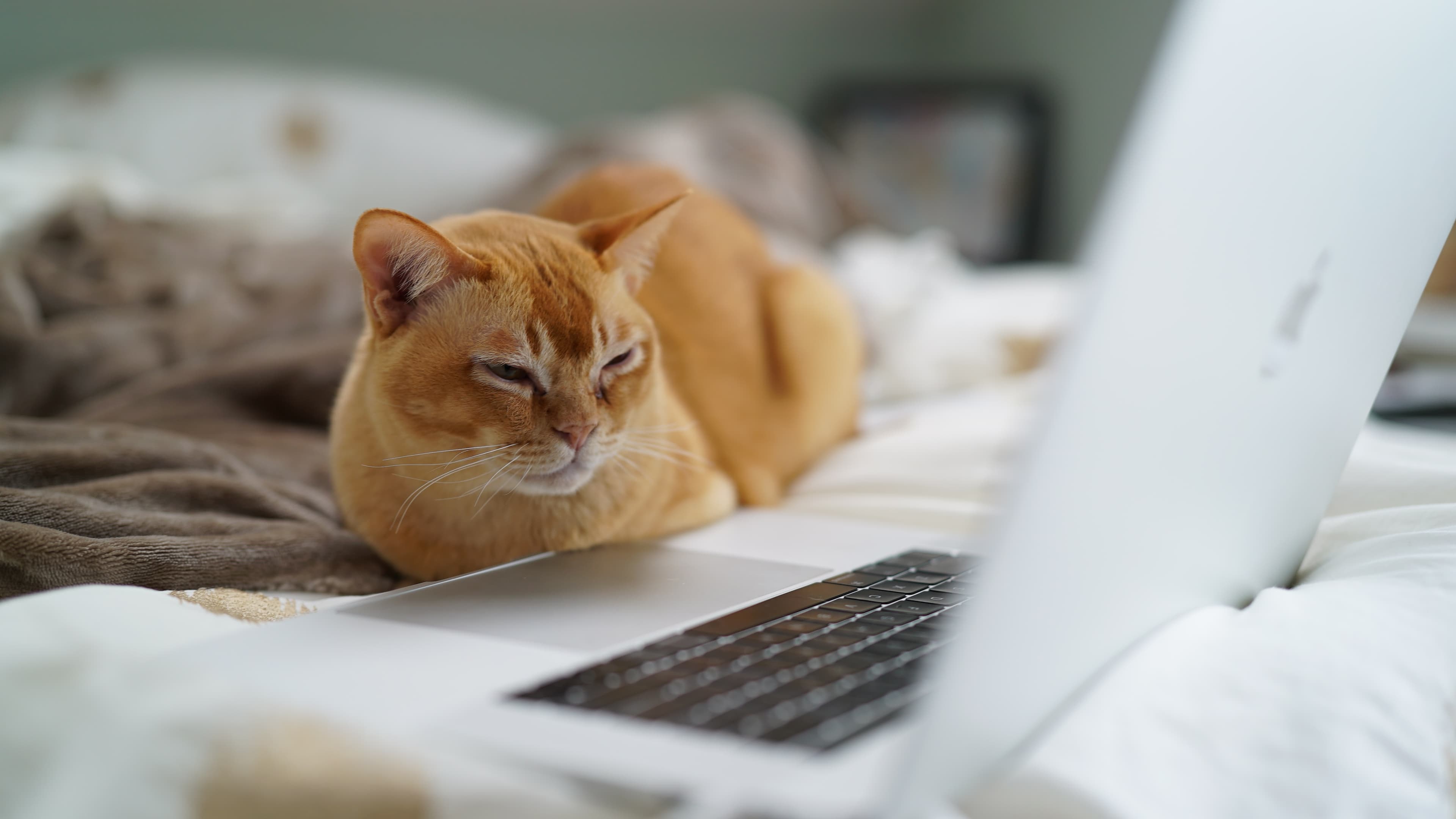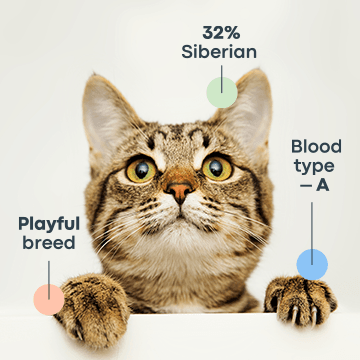Remember, cats have a strong sense of smell, and if a spot is not thoroughly cleaned, they may continue to use it as a restroom. Ensure you clean any areas soiled by your cat with enzymatic cleaners designed to neutralize odors. This will help eliminate the scent that encourages them to urinate in the same spot.
Incorporating playtime and mental stimulation into your cat's daily routine can also contribute to reducing stress and preventing inappropriate urination. Engaging your cat with toys, scratching posts, and interactive play sessions can help alleviate boredom and anxiety.
The quality of your cat's litter box experience greatly influences their bathroom behavior. Dirty litter boxes, ones with strong odors, or those placed in inconvenient locations can lead your cat to seek alternative sites, such as your bed. To mitigate this, ensure you provide a clean, odor-free litter box that's easily accessible. Aim for one litter box per cat, plus one extra, and place them in quiet, low-traffic areas.
Creating a Calming Environment for Your Cat
Cats thrive in environments that provide security and comfort. Creating a soothing atmosphere can help reduce stress-related urination. Consider designating a quiet space with cozy bedding, where your cat can retreat when feeling anxious. Additionally, pheromone diffusers emit calming scents that mimic feline facial pheromones, aiding in reducing stress.
Positive Reinforcement: Training Your Cat to Stop Peeing on the Bed
When pondering, "How to stop my cat from peeing on my bed?" positive reinforcement emerges as a powerful tool. Reward your cat for using the litter box correctly. When they choose to use their litter box, provide treats or affection to reinforce the positive behavior. Conversely, if you catch your cat in the act of urinating on the bed, redirect them to their litter box without scolding.
Preventative Measures: Protecting Your Bed and Encouraging Appropriate Urination
To protect your bed from further mishaps, consider using waterproof mattress covers. These covers are easily washable and prevent urine from seeping into the mattress. You can also temporarily block your cat's access to the bed using physical barriers or double-sided tape, which cats dislike.
Seeking Professional Help: When to Consult a Veterinarian or Animal Behaviorist
In more stubborn cases, where the behavior persists despite your efforts, it might be time to consult a veterinarian or animal behaviorist on the question “How do I stop my cat from peeing on my bed.” These professionals can provide tailored advice based on your cat's specific circumstances. A veterinarian can rule out any underlying medical issues, while an animal behaviorist can assess your cat's behavior and provide specialized guidance.
Conclusion
In the intricate dance of feline companionship, understanding your cat's behavior is key to maintaining a harmonious household. The query, "Why is my cat peeing on my bed?" may have multiple answers, ranging from medical problems to emotional distress. By delving into these reasons and implementing a blend of proactive measures like maintaining a clean litter box, creating a calming environment, and employing positive reinforcement, you can guide your furry friend towards appropriate bathroom habits.
Ultimately, the key is to maintain a strong, positive relationship with your cat. Shower them with love, provide a safe and comfortable environment, and continue to learn about their behaviors. By doing so, you'll not only address the issue at hand but also strengthen the unbreakable bond that you share with your feline friend.
So, the next time you find yourself asking, "Why is my cat peeing on my bed all of a sudden?" take a deep breath, remind yourself that there are solutions, and approach the situation with empathy and determination. With time, patience, and the right strategies, you can overcome this challenge and create a harmonious living space for both you and your beloved cat.
Frequently Asked Questions
Why is my cat now peeing on my bed?
There could be various reasons, including medical issues, stress, or changes in their environment, prompting this sudden behavior change.
Is a cat peeing on bed to mark territory?
Yes, cats might urinate on your bed as a way to mark their territory, especially if they're feeling threatened or trying to establish dominance.
Why is a cat peeing on bed and clothes?
Cats may urinate on beds and clothes due to stress, discomfort, or an association between the scent and safety. Ensuring a clean litter box and addressing stressors can help resolve this behavior.
Why does my cat pee on my bed even though they have a litter box?
Medical issues like urinary tract infections, litter box aversion due to cleanliness or location, stress, or a preference for certain textures might lead cats to avoid the litter box.
Is it a medical issue if my cat is peeing on my bed?
Yes, medical problems such as urinary tract infections, bladder stones, or kidney issues can cause cats to urinate in unusual places, including your bed.
How can I tell if my cat is stressed and peeing on my bed as a result?
Signs of stress include changes in appetite, excessive grooming, hiding, or aggression. If your cat's behavior coincides with a stressful event, it might be a contributing factor.
Are there any home remedies to stop my cat from peeing on my bed?
Creating a calming environment, providing a clean litter box, using pheromone diffusers, and reinforcing positive litter box behavior are effective home remedies to discourage this behavior.




